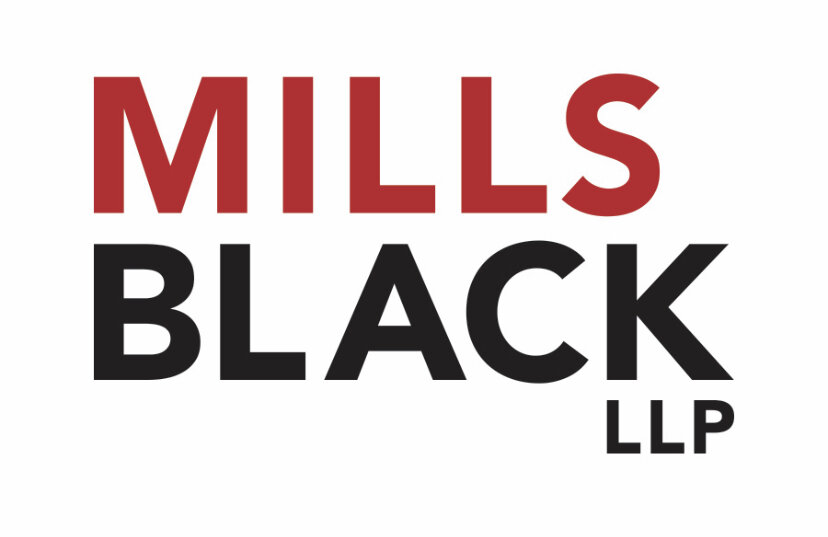FMC Launches Investigation Into Flags of Convenience
Executive Summary
The Federal Maritime Commission (FMC) has announced a new nonadjudicatory investigation into whether the vessel flagging laws, regulations, or practices of foreign countries, including “flags of convenience”, or competitive methods employed by the owners, operators, agents, or masters of foreign-flagged vessels, are creating unfavorable shipping conditions in the foreign trade of the United States
The Federal Register notice invites the public to submit comments for its consideration. Comments are due 90 days after official publication, currently scheduled for tomorrow, May 22, 2025, meaning comments should be submitted on or before August 20, 2025.
Purpose of the Investigation
The Commission states that it is concerned about the conditions created by “the wide and uneven range of foreign vessel flagging laws, regulations, and practices.” Specifically, the Order alleges that while some countries rigorously uphold vessel standards, others do not, and instead offer to register vessels with little or no oversight and lower standards to gain a competitive edge over more responsible registries to gain revenue. Referring to the so-called “shadow fleet” of vessels that operate outside the regular frameworks of the global maritime industry and to the allision of the MV DALI with the Key Bridge in Baltimore, the Order states that the concomitant lack of accountability and risks to maritime safety pose a risk to U.S. foreign commerce, undermining the efficiency and reliability of the international ocean shipping supply chain.
The Order appears to conflate open ship registries with fraudulent registries, stating that the International Maritime Organization’s efforts to address fraudulent vessel registries have not brought about meaningful deterrence to the problem of flags of convenience and false registries. The Order also does not address the IMO’s Port State Control regime, or the U.S .Coast Guard’s performance of the Port State Control mission to oversee the safety of vessels calling in U.S. ports.
Presumably the FMC’s investigation will ultimately result in a fuller and more informed discussion of the two related but distinct issues of open registries and fraudulent registries, and the importance of the Coast Guard’s Port State Control mission to support the foreign trade of the United States.
Requested Public Comments
The Commission is asking interested persons to submit written comments containing evidence, experiences, and/or data relevant to the wide range of flagging practices across foreign nations. In particular, the Commission seeks the following types of comments:
Examples of responsible flagging laws, regulations and practices and how they contribute to the efficiency and reliability of ocean shipping
Examples of irresponsible/unfavorable flagging laws and how those practices endanger the efficiency and reliability of ocean shipping
Ranking of flagging practices that pose the greatest threat to a reliable and efficient ocean shipping supply chain
Examples of vessel owner/operator practices that endanger the efficiency and reliability of ocean shipping
The Commission advises that its jurisdiction is broad, and that they welcome comments from all members of the public, including shippers, carriers, governments, and nongovernmental organizations.
How to Submit Comments
To participate in the public comment process:
Visit www.regulations.gov
Search for Docket No. FMC-2025-0009
Submit your written comments following the site’s instructions
Comments must be submitted in English and will be made publicly available unless a request for confidential treatment is submitted for good cause.

